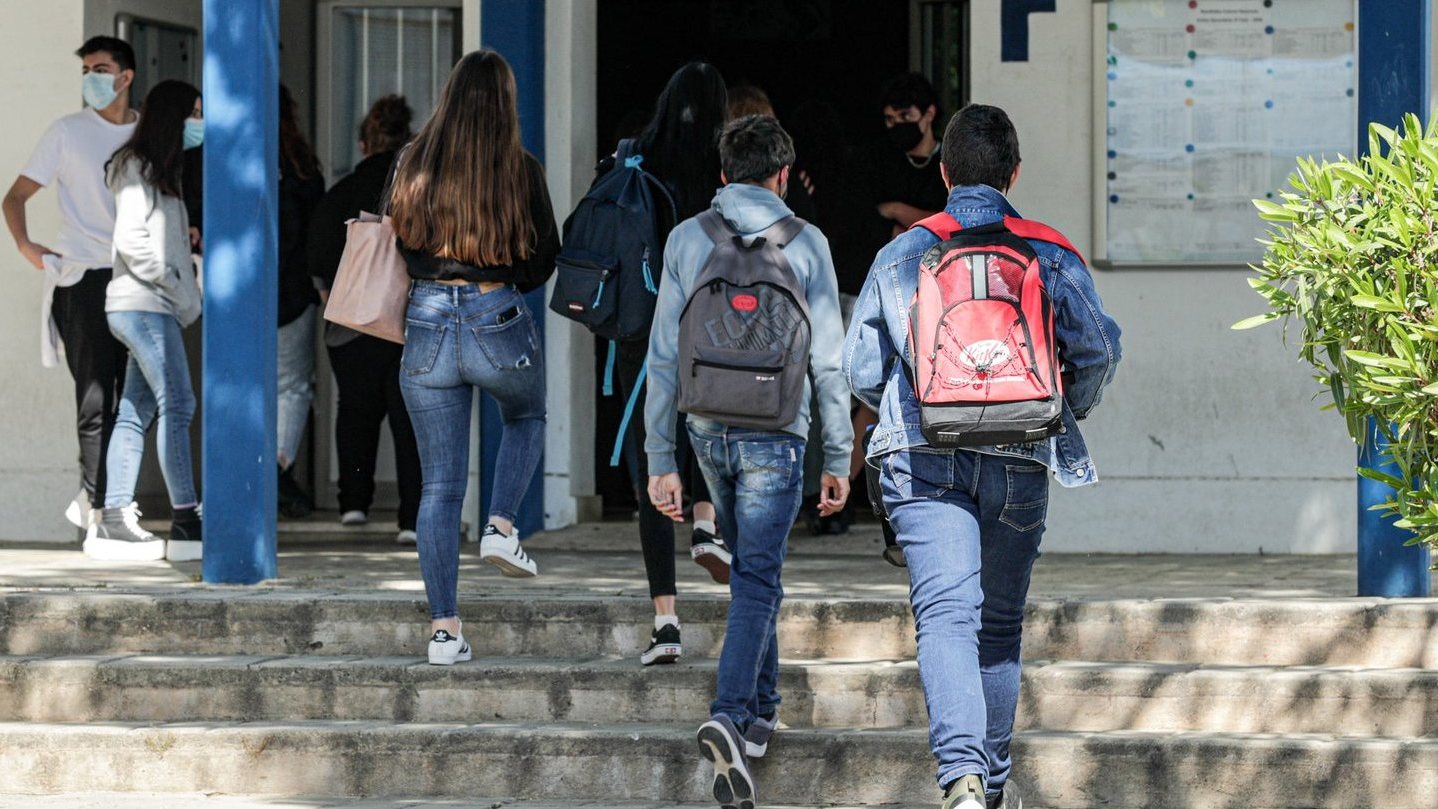All children and young people in the process of social transition of gender identity and expression may be approached with the names they choose, instead of those registered in official documents, in all situations that arise in the school contextincluding guidelines and assessment records.
Recalls this Monday’s Correio da Manhã, the rule is part of Bill No. 38/2018, on the right to self-determination of gender identity — in June 2021, in response to inspection requests from 86 deputies of the PSD, PS and CDS, the Constitutional Court declared that only the Parliament, not the Government, has the legitimacy to legislate on the subject and failed the rules which established measures to promote the right to gender identity in schools.
Constitutional Court annuls government regulations on gender identity in schools. The decision must be made by Parliament
In order to guarantee the “right to free determination of gender identity and expression, as well as sexual characteristics in the school environment”, the bill now outlined defines that Children and young people “making social transitions of gender identity and expression” must change their administrative documents, to the self-assigned name and gender..
As well as at certain times, such as registration, for example, official documents, with the names and types of registration, must continue to be used, at all other times of school life. children and young people must see their “right to use their own name” recognized and, more than that, defended, and it is up to the schools to issue “guidelines” in this regard. The rule is valid for “all school and extracurricular activities that take place in the school community.”
With the same objective, not only to “guarantee respect for the autonomy, privacy and self-determination of children and young people” but also to combat “discrimination based on gender identity and expression in schools”, The Bill also determines that, in the case of schools where the use of a uniform or certain garments according to gender is mandatory, this choice can be made by the students., depending on what they identify with. The same principle applies to the choice of bathrooms and changing rooms.
In an effort to “make the school a space of freedom and respect, free from pressure, aggression or discrimination,” the bill also determines that it is up to schools to “promote information and awareness actions” in this regard -directed not only to students, teachers and other employees, but also to those in charge of education. It’s more, schools must also organize training actions for teaching and non-teaching staff “in order to promote practices conducive to achieving effective respect for diversity of expression and gender identity.” The objective, as can be read in article 6 of the diploma, is “to overcome the imposition of stereotypes and discriminatory conduct.”
Source: Observadora
